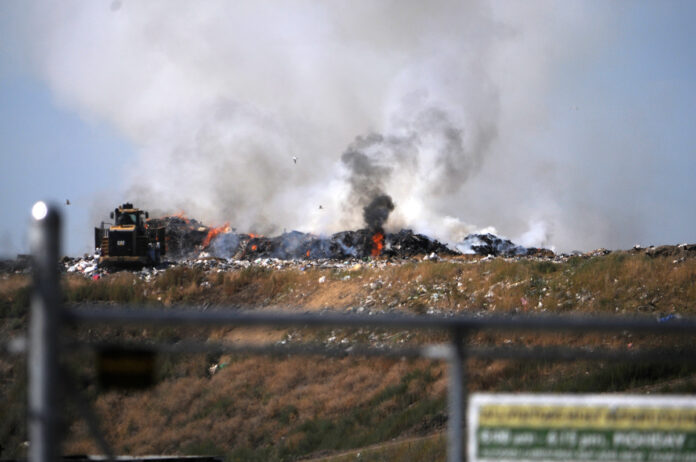Local Journalism Inititative
A proposal by a company to use the waste generated by Prince Albert to create energy will get further review.
Council voted in favour of further exploring the concept despite staff recommending that it go no further after discussion about the cost of creating new cells at the landfill.
“We were not happy with the millions of dollars to create a new cell in the landfill,” said Coun. Ted Zurakowski.
The last time council had to build a new cell with an estimated cost of $6 million, they had multiple meetings on how to change things, he said.
“At that time, it came back to at least three meetings and what else can we do? Are we locked into this pathway? Are there no other alternatives?” asked Zurakowski.
VDQ-NRG first proposed the concept last month, which would see the City pay tipping fees to a private company rather than the landfill. The company says it can use about 90 per cent of the City’s waste in its process, which is not based on an incinerator like previous proposals have been.
James Kernaghan of VDQ-NRG was at the executive committee meeting on Oct. 4 and said what the company needs is accurate waste numbers from the City and to negotiate a precise tipping fee.
“The ask that we put forward is that the city commit to paying us an undisclosed tipping fee, a tipping fee that we would both agree to, help us with zoning and lend us some land in their existing landfill,” he said.
“The other thing we ask for is more accurate numbers. We based our proposal that we brought to City council a few weeks ago based on your published numbers,” Kernaghan said.
When they met with staff, they were told those numbers are not accurate, he said. They were told there is 30,000 to 32,000 tonnes of garbage that the City can do nothing with.
VDQ-NRG’s original proposal was based on a higher number and would need to be re-worked to reflect the more accurate number.
Staff did not recommend that council proceed with the idea based the idea that VDQ-NRG does not have an existing facility that shows it can do what it says.
“This is the fifth company that has approached us in this fashion to turn our garbage into some kind of fuel,” said Wes Hicks, director of public works. “What we find is that the majority of the successful ones go through institutions with government funding.”
For instance, they will use a university and then scale up to a workable model with the concept then rolled out to others so they can see it in operation.
“They have no actual operational plan, anywhere. We’re not saying that the technology doesn’t work but they haven’t scaled it to an operation that we can see,” said Hicks. “Administration would not want to be the first, the trial basis of these things.”
He cited an example where the City did invest in a sewage treatment concept that cost a significant amount of money and they no longer use.
He also said staff had some trepidation about committing to a long term deal with a tipping fee included.
Councillors did not agree, saying they can’t make a decision as some of the information in an initial report prepared by staff was incomplete.
“To me it appears like it’s a good idea. I don’t want to lose money…but how can we turn it into a situation where both parties can win,” asked. Coun. Dennis Ogrodnick.
He made the successful motion that the City continue to explore the idea of turning garbage into energy and a report be brought back to council. The idea will not necessarily mean a deal with VDQ-NRG’s and could in fact be turned into an RFP for other companies to bid on as well.


